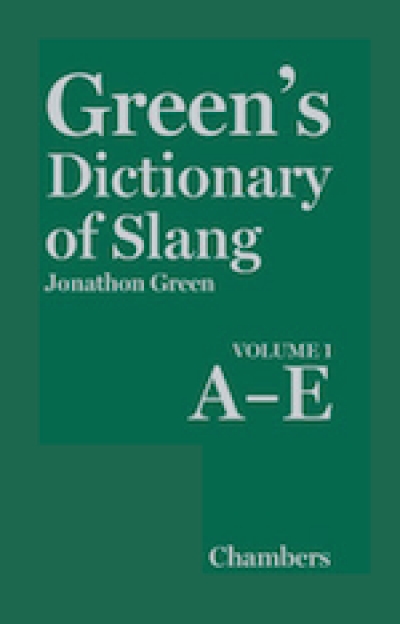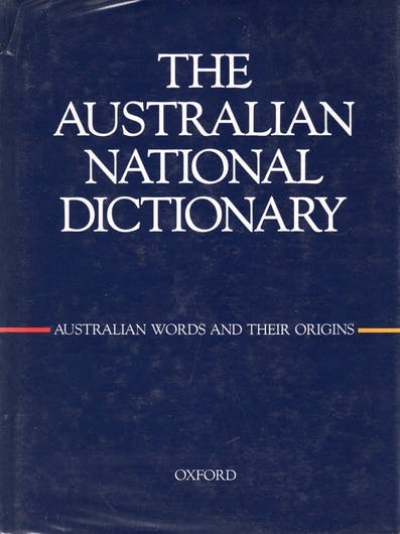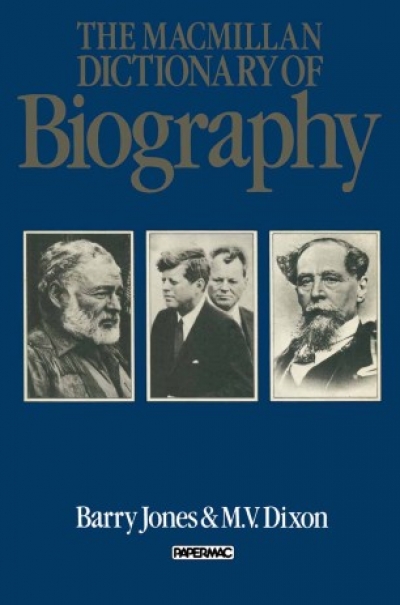In his brief preface to Volume 1 of the Australian Dictionary of Biography 1788–1850 A–H (1966), Douglas Pike describes the ‘all-Australian, Commonwealth-wide … consultation and co-operation’ underpinning the volume and notes that the breadth and complexity of its intellectual network meant the Dictionary could ‘truly be called a national project’. Five decades later, in an informative, elegant introduction to Volume 18, the present general editor, Melanie Nolan, endorses Pike’s pioneering claim for the ADB, describing it as ‘a national collaborative project, the largest and longest running of its kind in the social sciences and humanities in Australia’. As such – ‘a reference work for many purposes’ – it is familiar territory to historians, researchers, biographers, film-makers, novelists, and any number of browsing general readers.
...
(read more)




